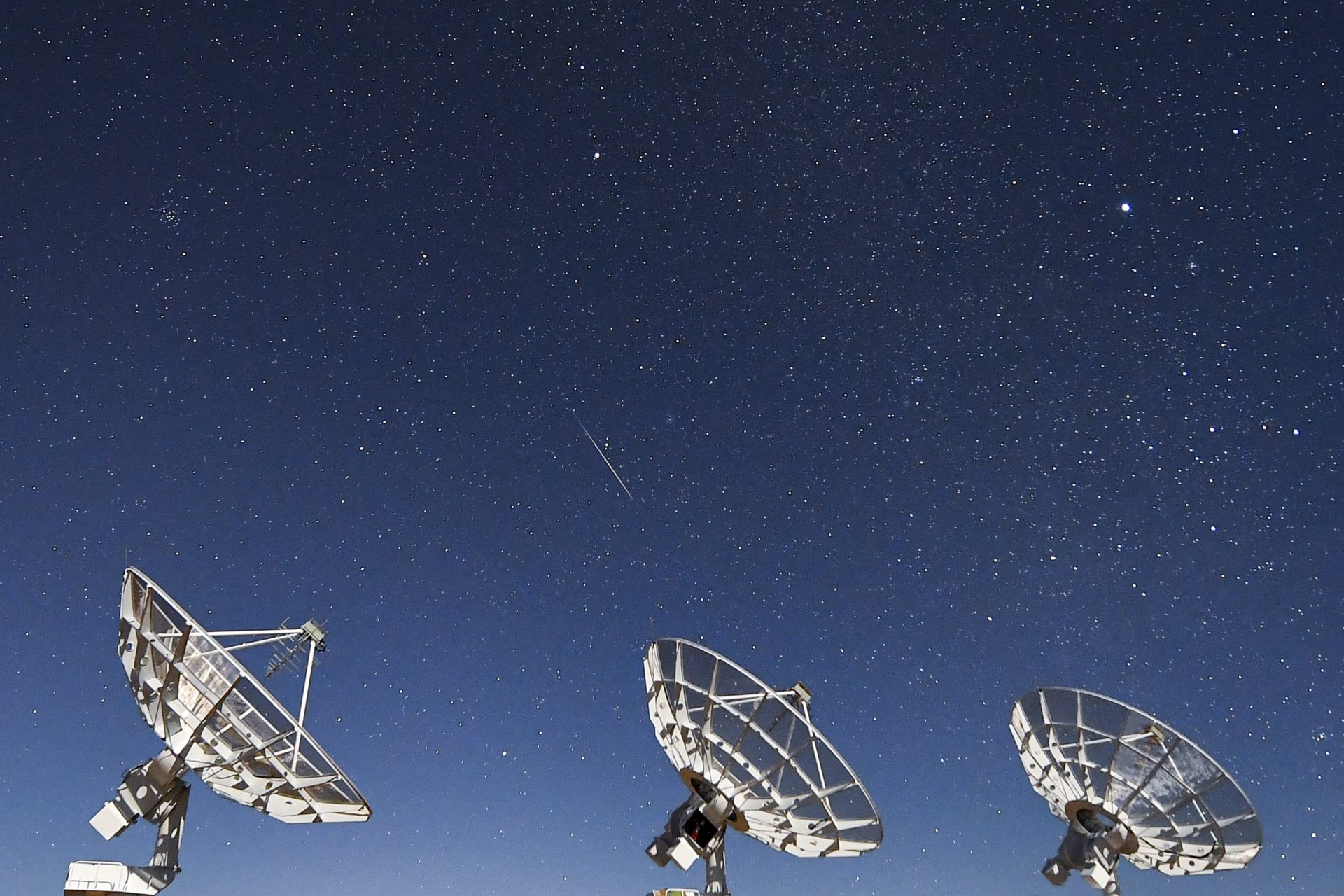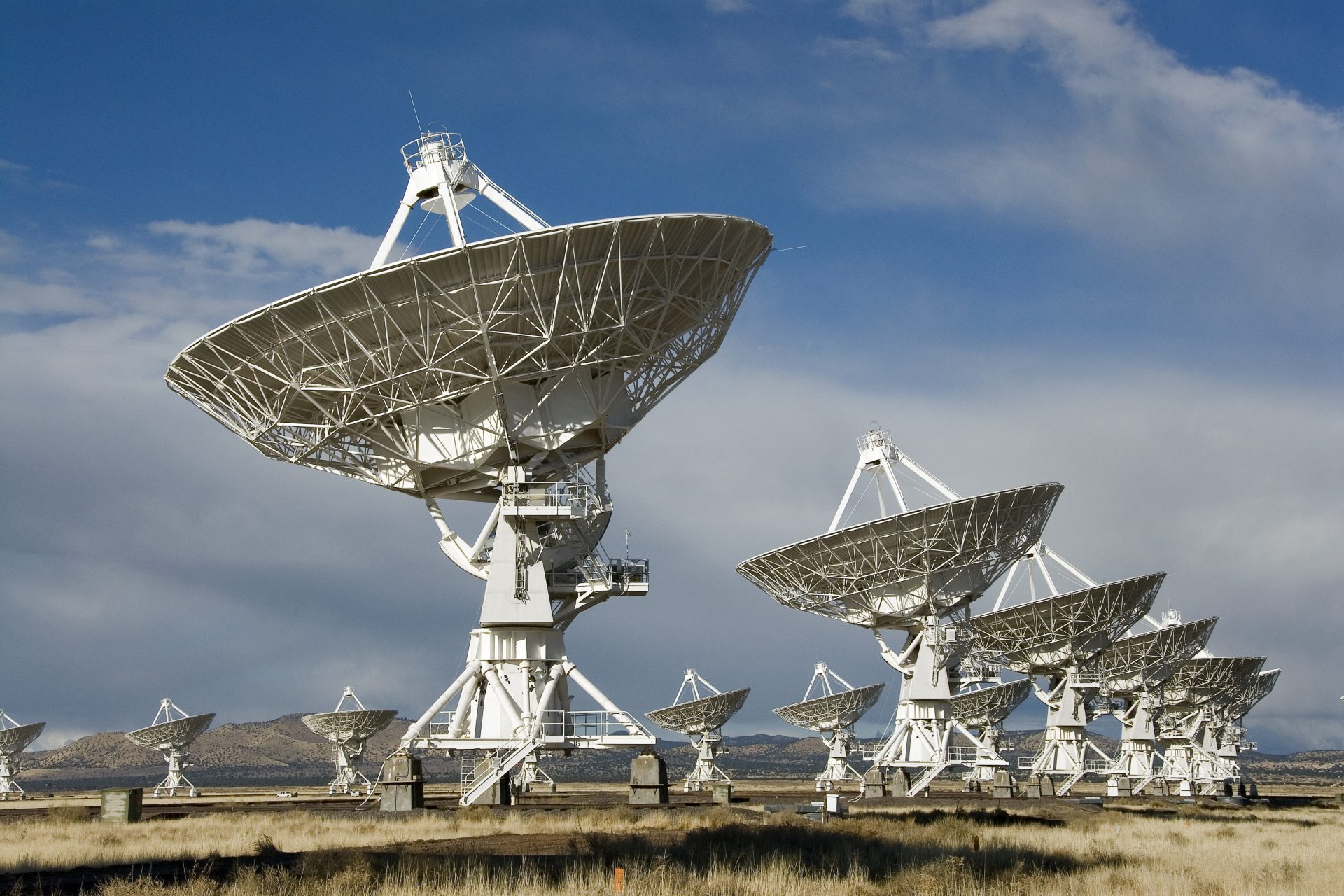A weird radio signal led astronomers to an unusual discovery
Astronomers made a lot of weird and interesting discoveries in 2023 but few were as strange as the revelation that there was a planet in our galaxy hiding a rather unusual secret 12 light years from Earth.
The discovery was also made in a very unusual way since the astronomers made their findings after following a repeating radio signal they stumbled upon while studying the stars.
The radio signal was coming from an exoplanet similar in size to our world, and researchers believed the planet could have a magnetic field as well as an atmosphere. If proven true, the discovery could change what we know about life in the universe.
One of the big reasons scientists can’t definitely say life can exist on other planets is because we have a very limited understanding of how common planetary magnetic fields and atmospheres are outside of our own solar system.
According to CNN science writer Ashely Strickland, Earth’s magnetic field acts as a protective shield around our world’s atmosphere. It filters out plasma from the sun while also deflecting energetic particles and preserving the conditions that make life possible.
For Strickland, the discovery of planets with magnetic fields outside of our solar system could mean those planets have atmospheres, which could “point to other worlds that potentially have the ability to support life.”
Astronomers discovered the groundbreaking radio signals while studying YZ Ceti, the star which the exoplanet orbits, and they followed the noise under the theory that it was the result of an interaction between a planet's magnetic field and atmosphere.
“We saw the initial burst and it looked beautiful,” Sebastian Pineda, an astrophysicist with the University of Colorado and lead author of a new study detailing the find around YZ Ceti, said in a press release on the findings in April 2023.
“When we saw it again, it was very indicative that, OK, maybe we really have something here,” Pineda continued, adding that “whether a planet survives with an atmosphere or not can depend on whether the planet has a strong magnetic field or not.”
According to Interesting Engineering, life on Earth is only really possible because of our planet's strong magnetic field and the invisbler belt of protection it provides from the sun's harsh particles and plasma that CNN’s Ashley Strickland wrote about.
Without our magnetic field, the sun’s particles would strip Earth’s atmosphere away and our world would look more like Mars than the lush, green planet we call home today. But Earth is special because, unlike other planets, it has an extremely strong magnetic field.
The magnetic field Pineda and his team discovered was strong, too, which was a good indication that they had found something interesting since it is nearly impossible to locate smaller planets with magnetic fields according to Ashley Strickland.
“What we’re doing is looking for a way to see them,” explained Jackie Villadsen, an Assistant Professor at Bucknell University and a co-author of the YZ Ceti study, in the press release on the study's findings.
Villadsen went on to add that they were looking for Earth-sized planets close enough to their stars to reveal their magnetic fields. “If the planet has a magnetic field and it plows through enough star stuff, it will cause the star to emit bright radio waves.”
Finding these exoplanets with magnetic fields and atmospheres is important because they hold the clues to finding other habitable worlds in our universe.
Rocky planets like the one discovered by Pineda and Villadasen are the best first step to proving the condition for life-bearing planets really do exist outside of Earth.
"This research shows not only that this particular rocky exoplanet likely has a magnetic field but provides a promising method to find more," said the National Radio Astronomy Observatory’s Program Director Joe Pesce said in a press release on the new findings.
More for you
Top Stories






























